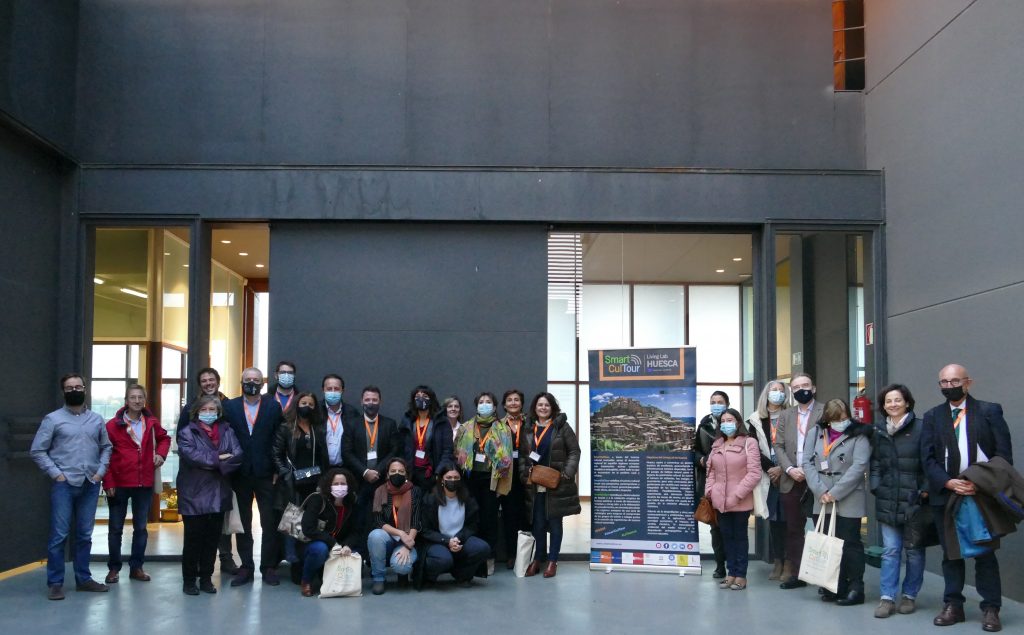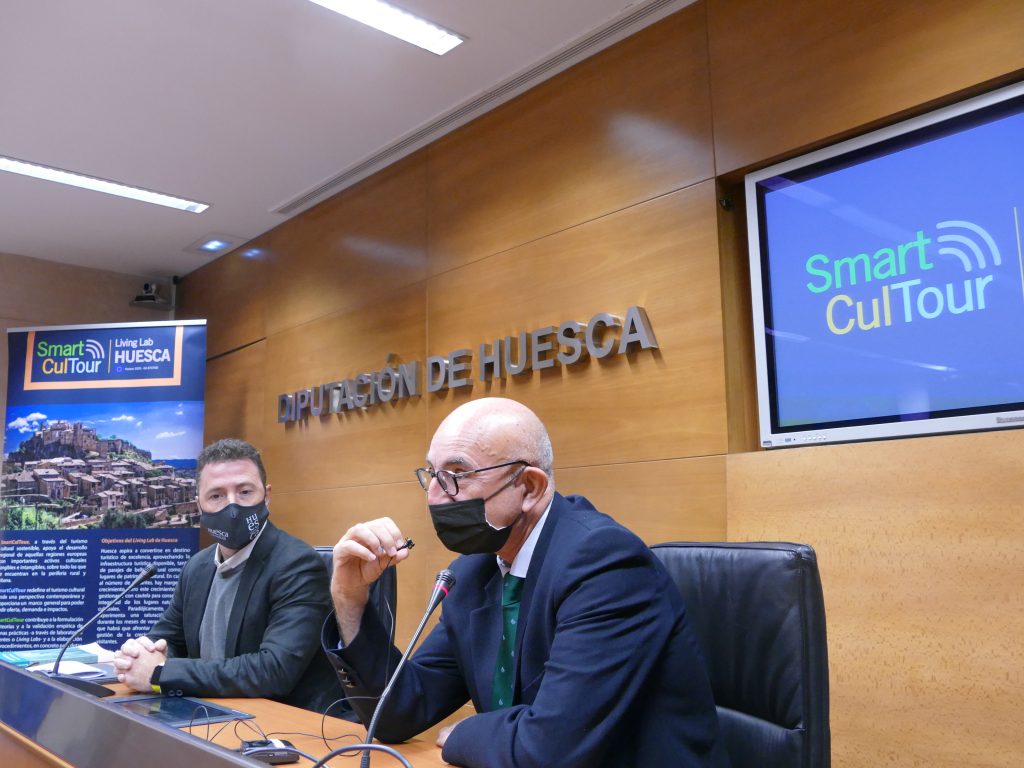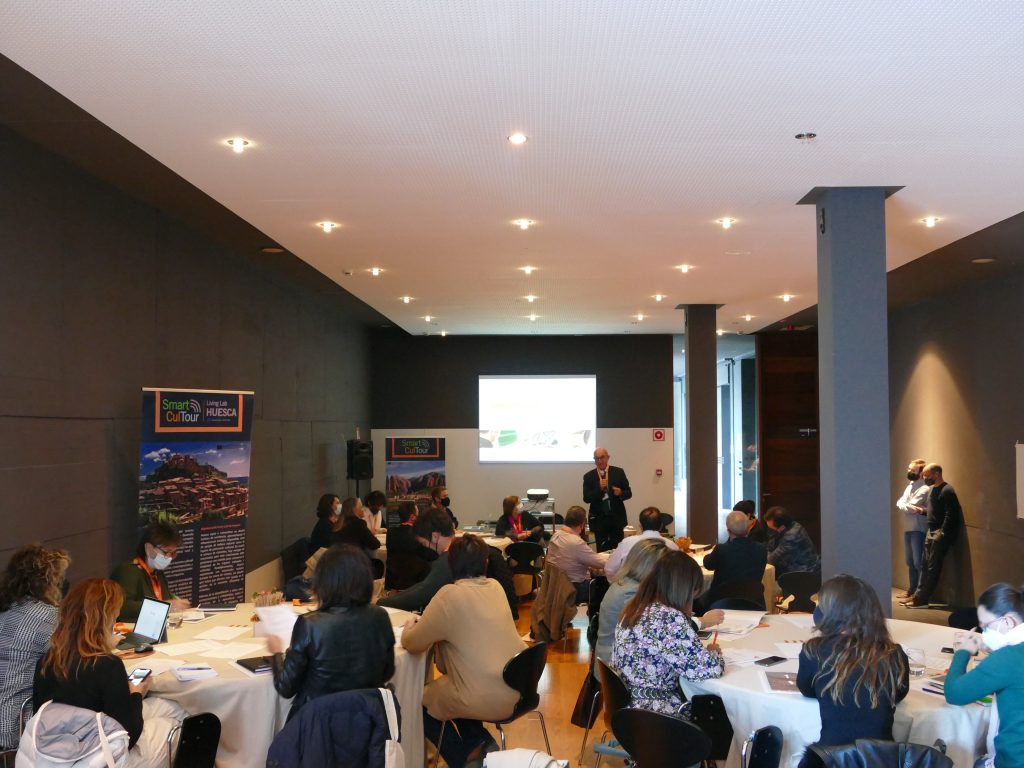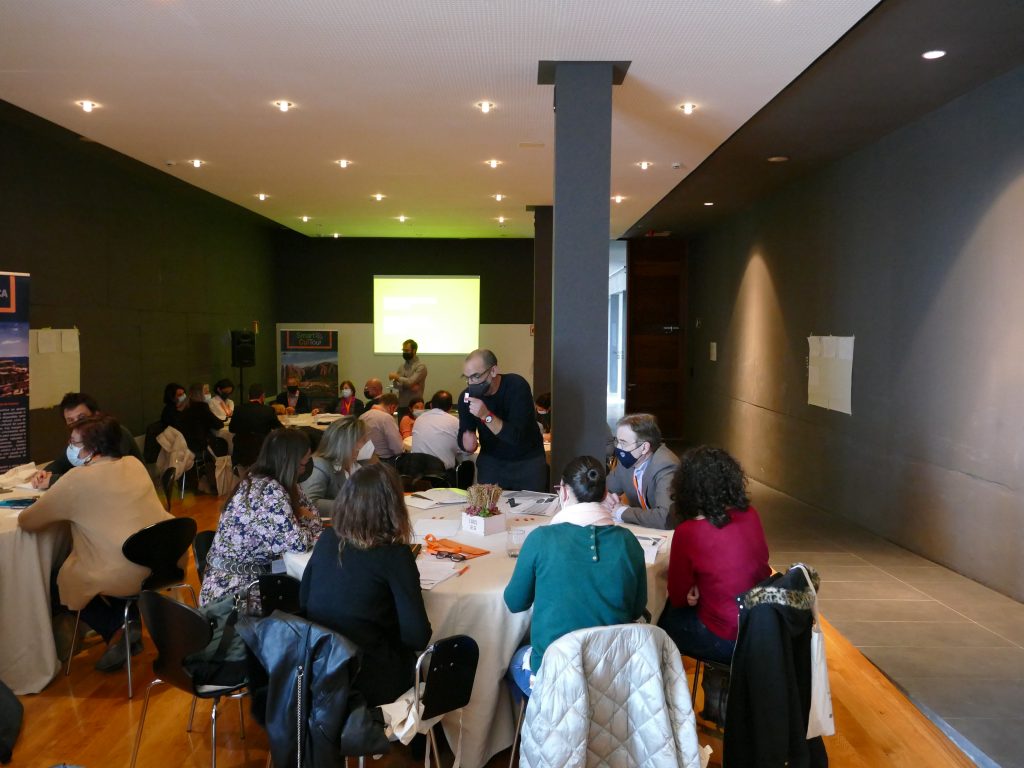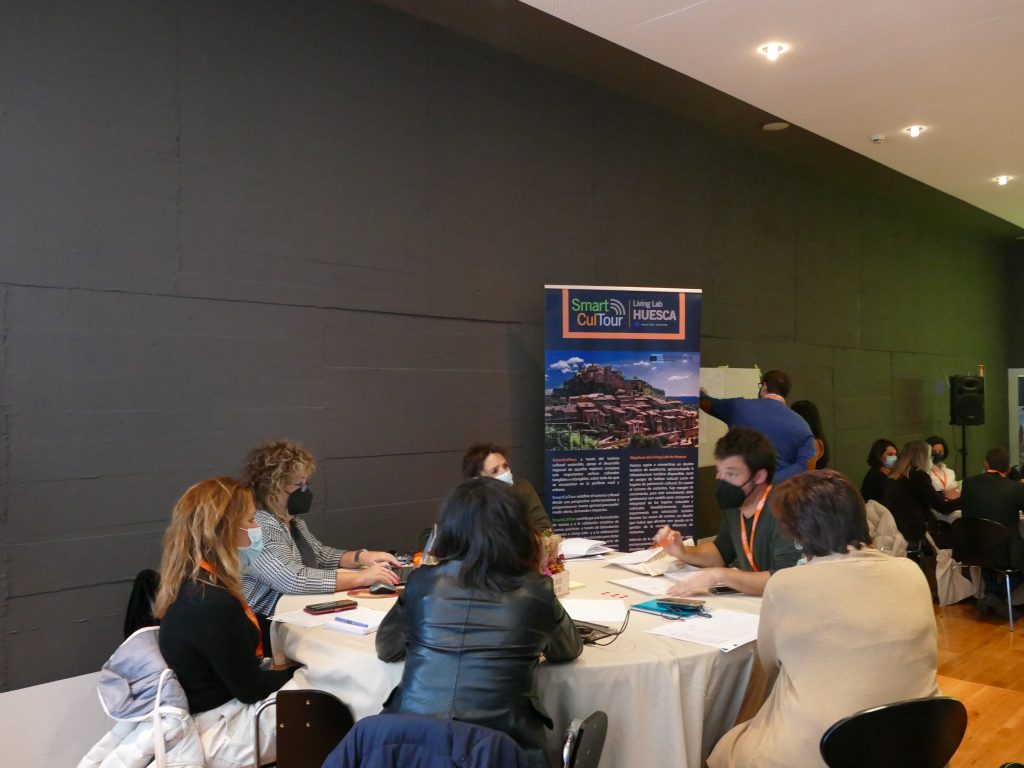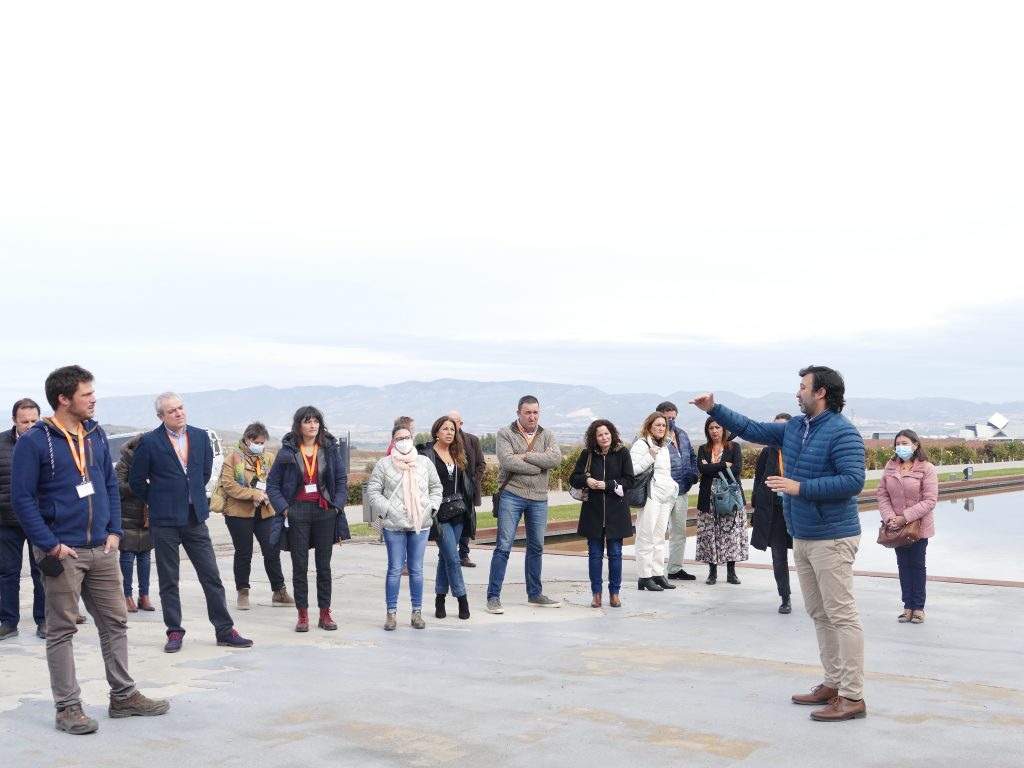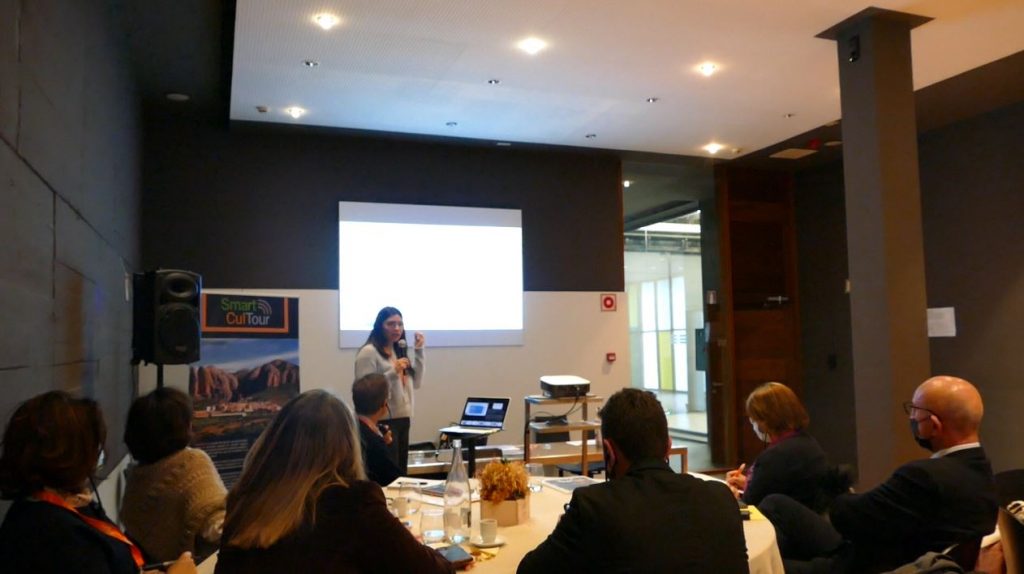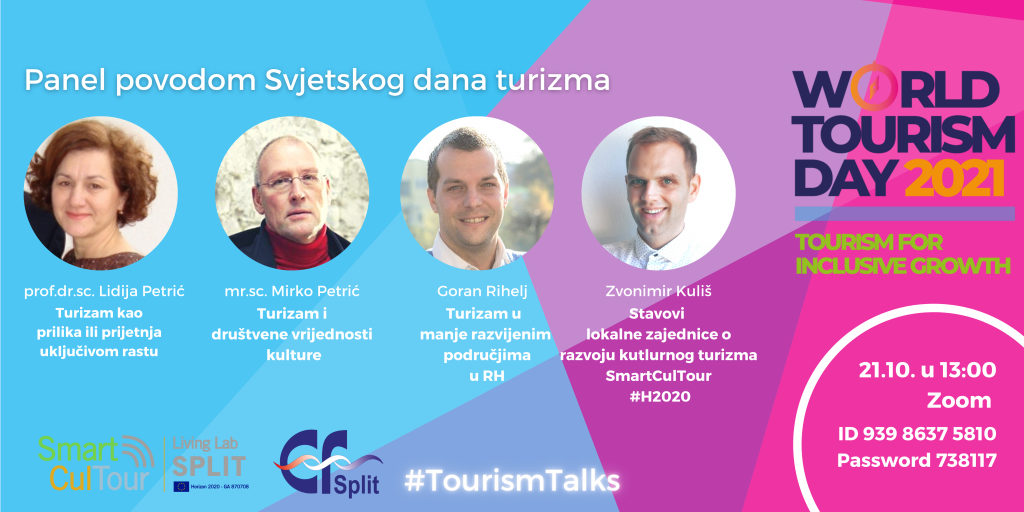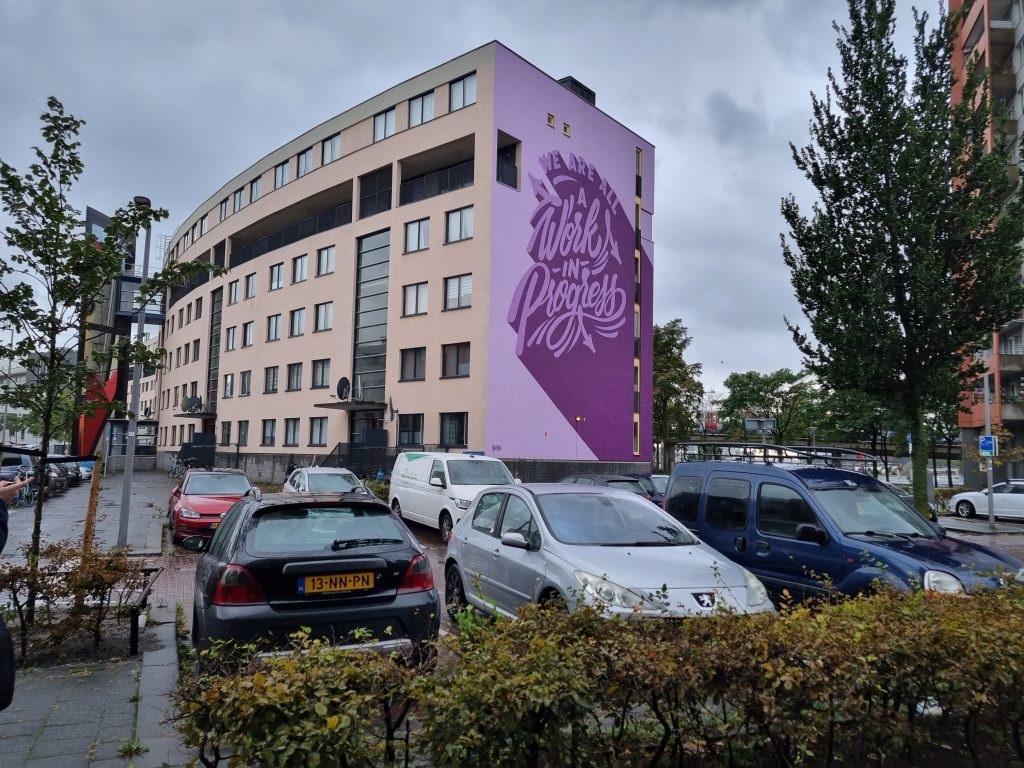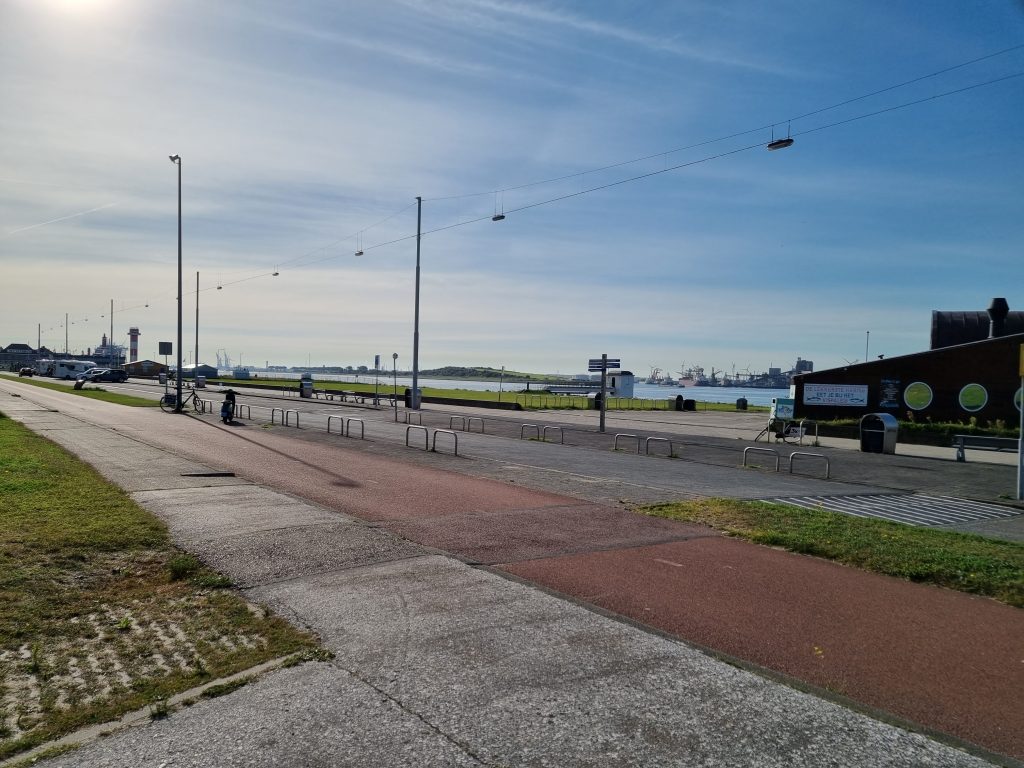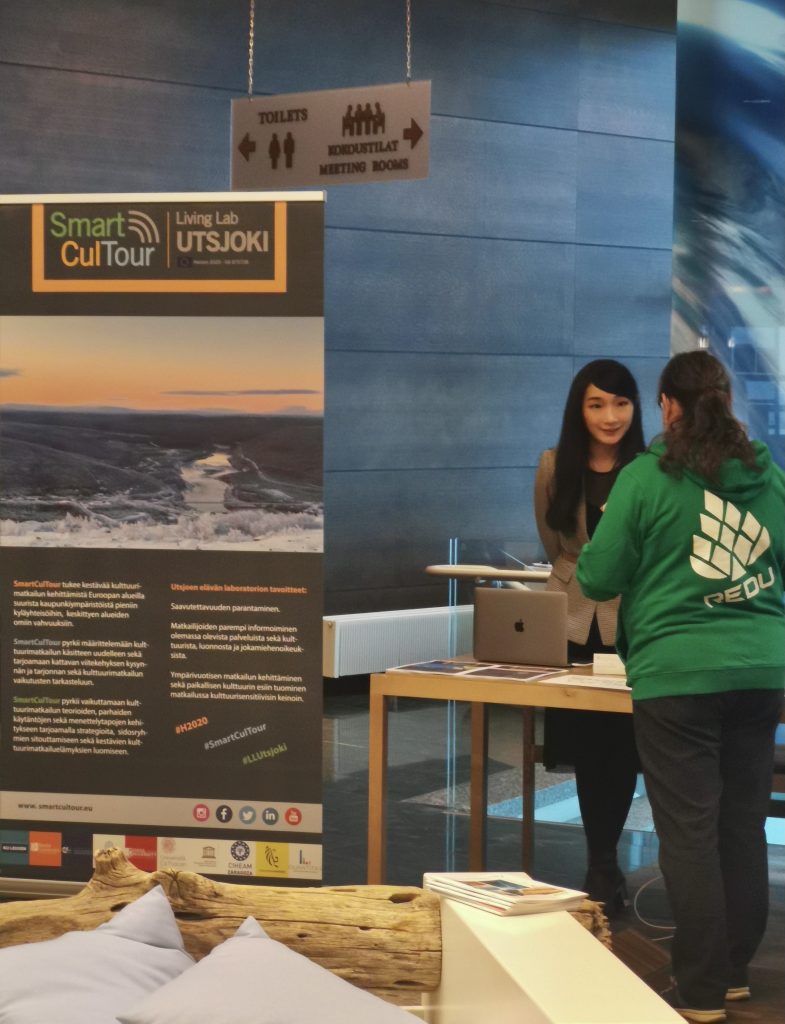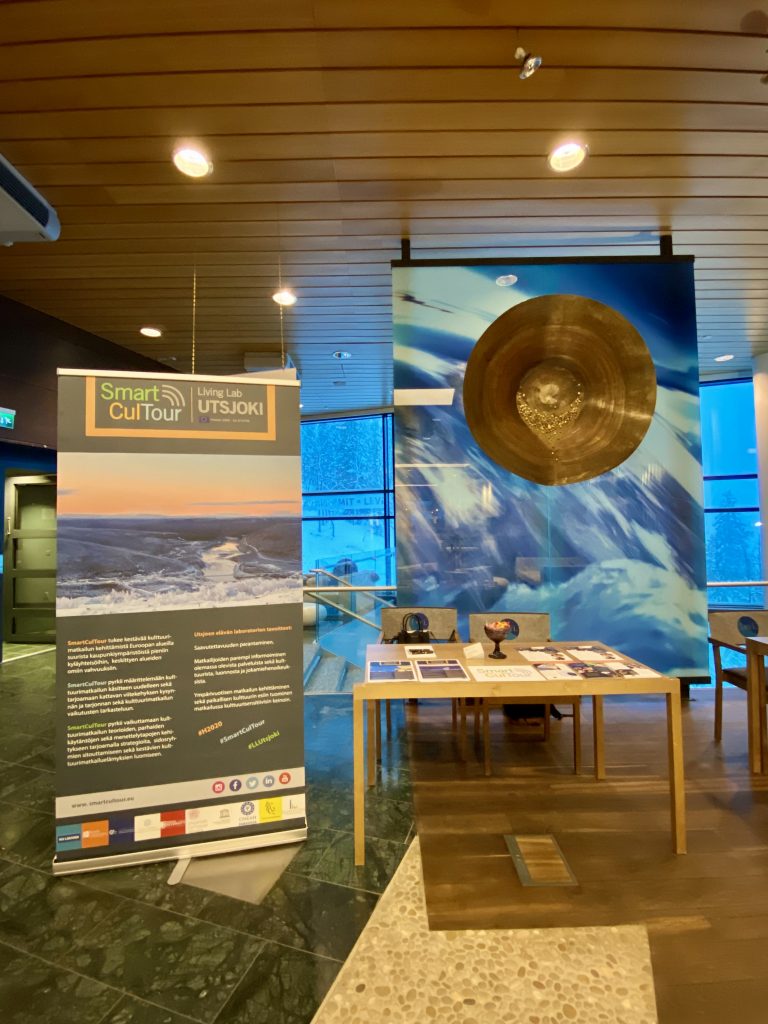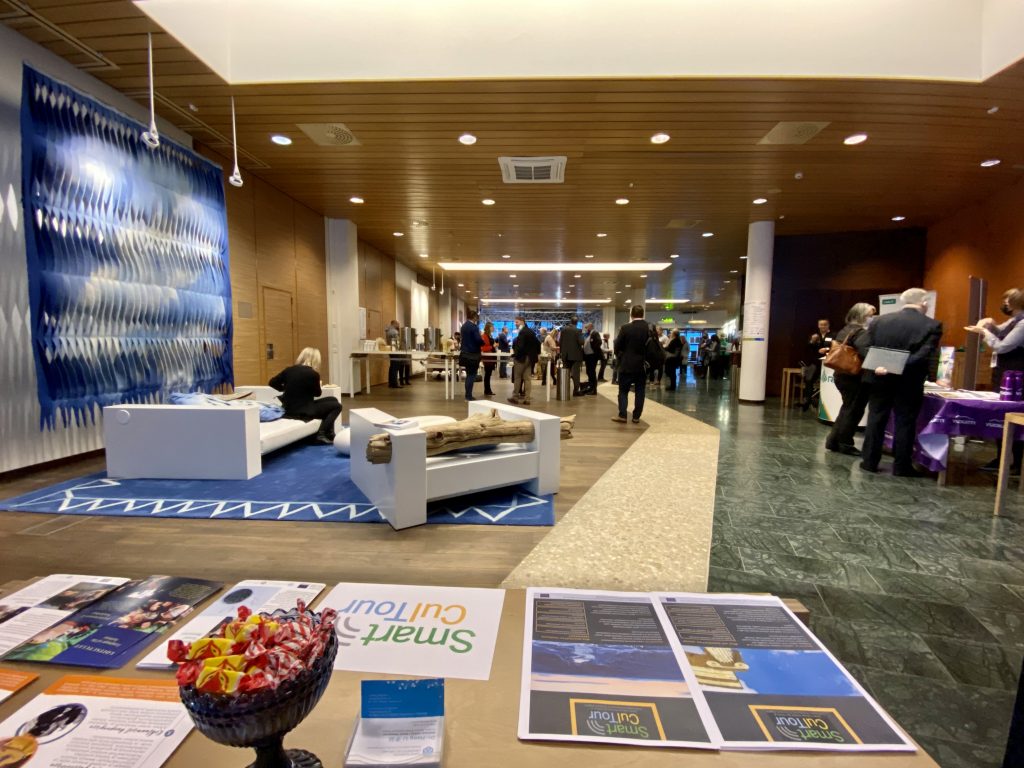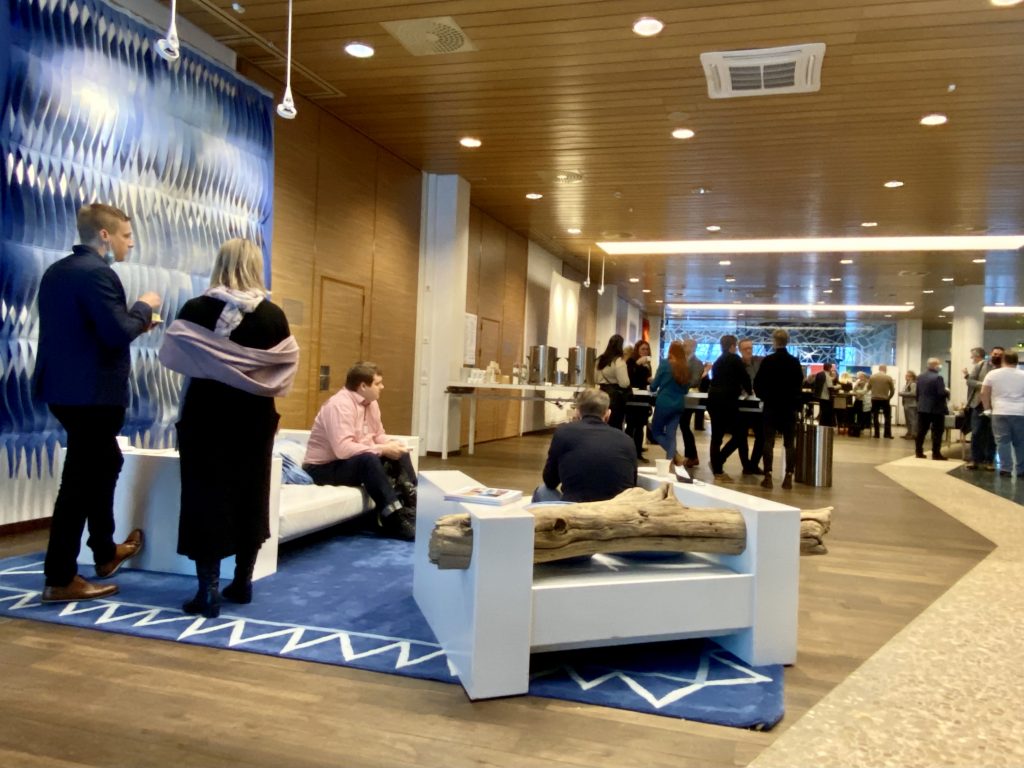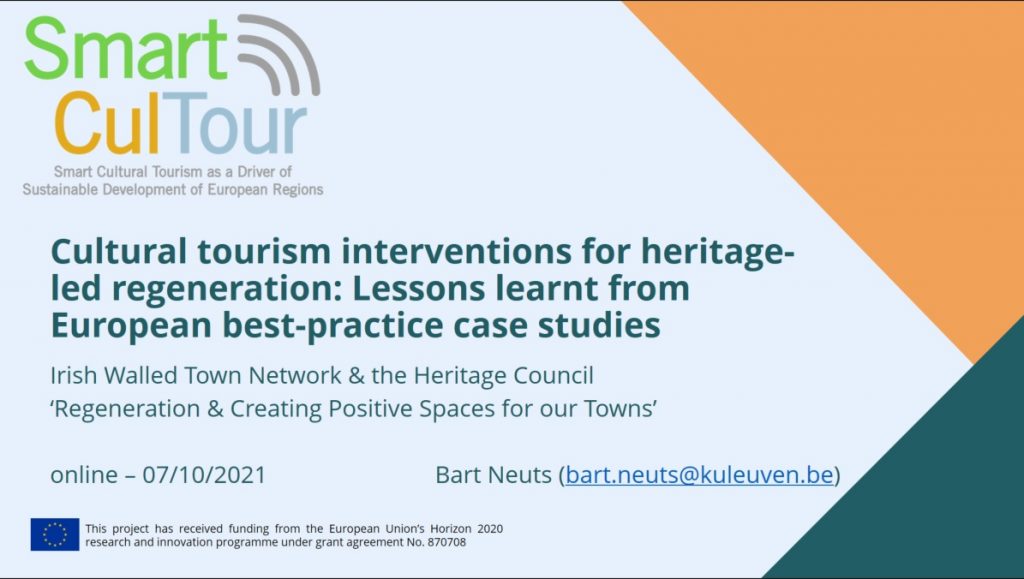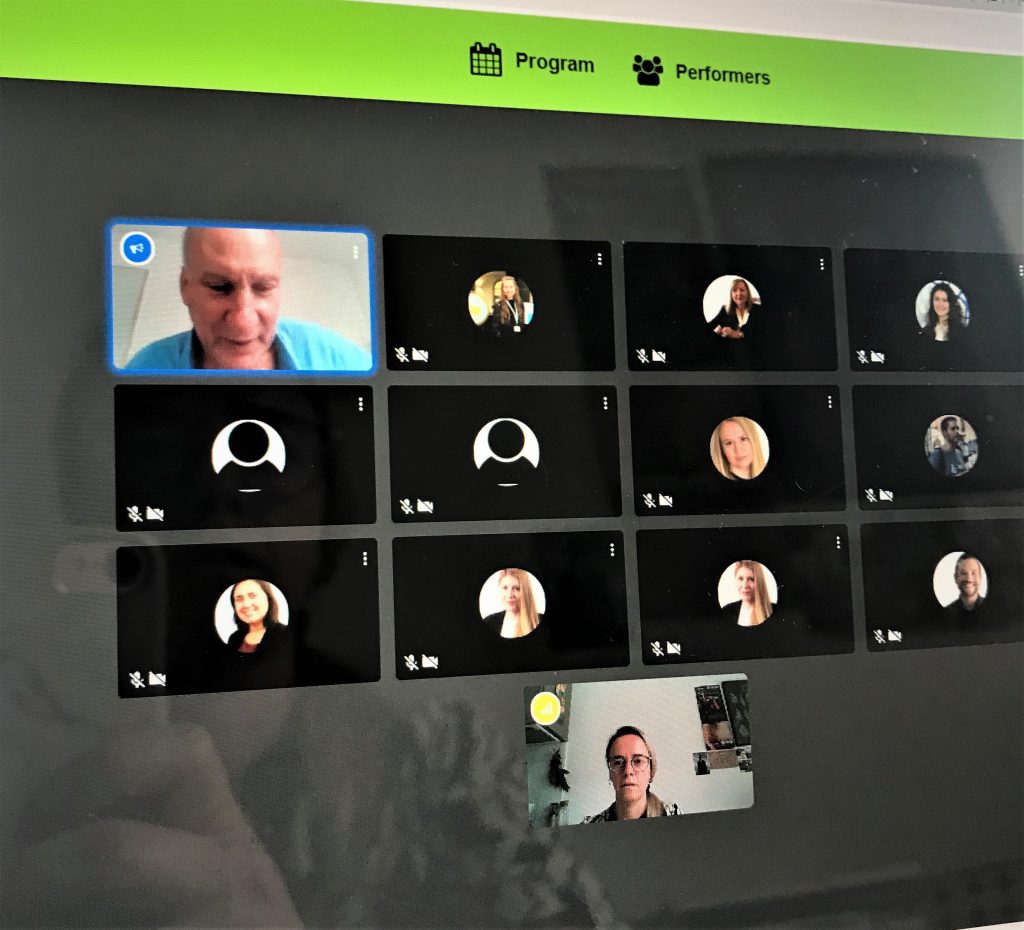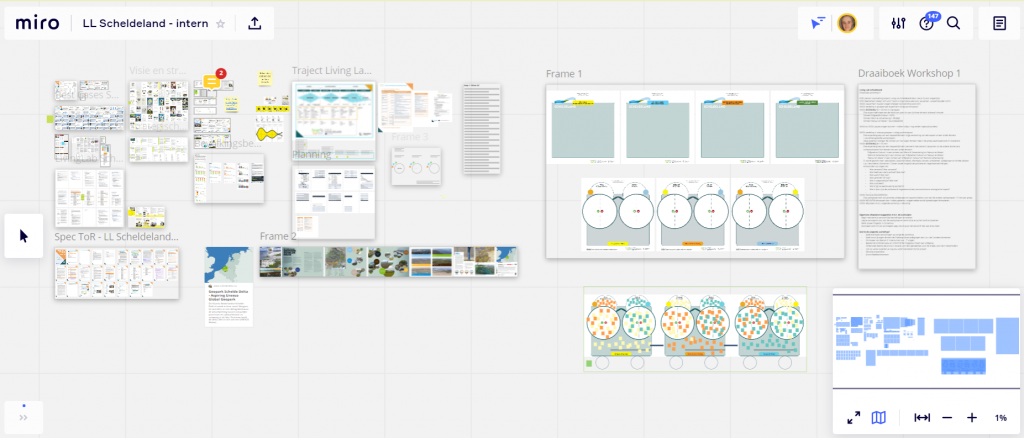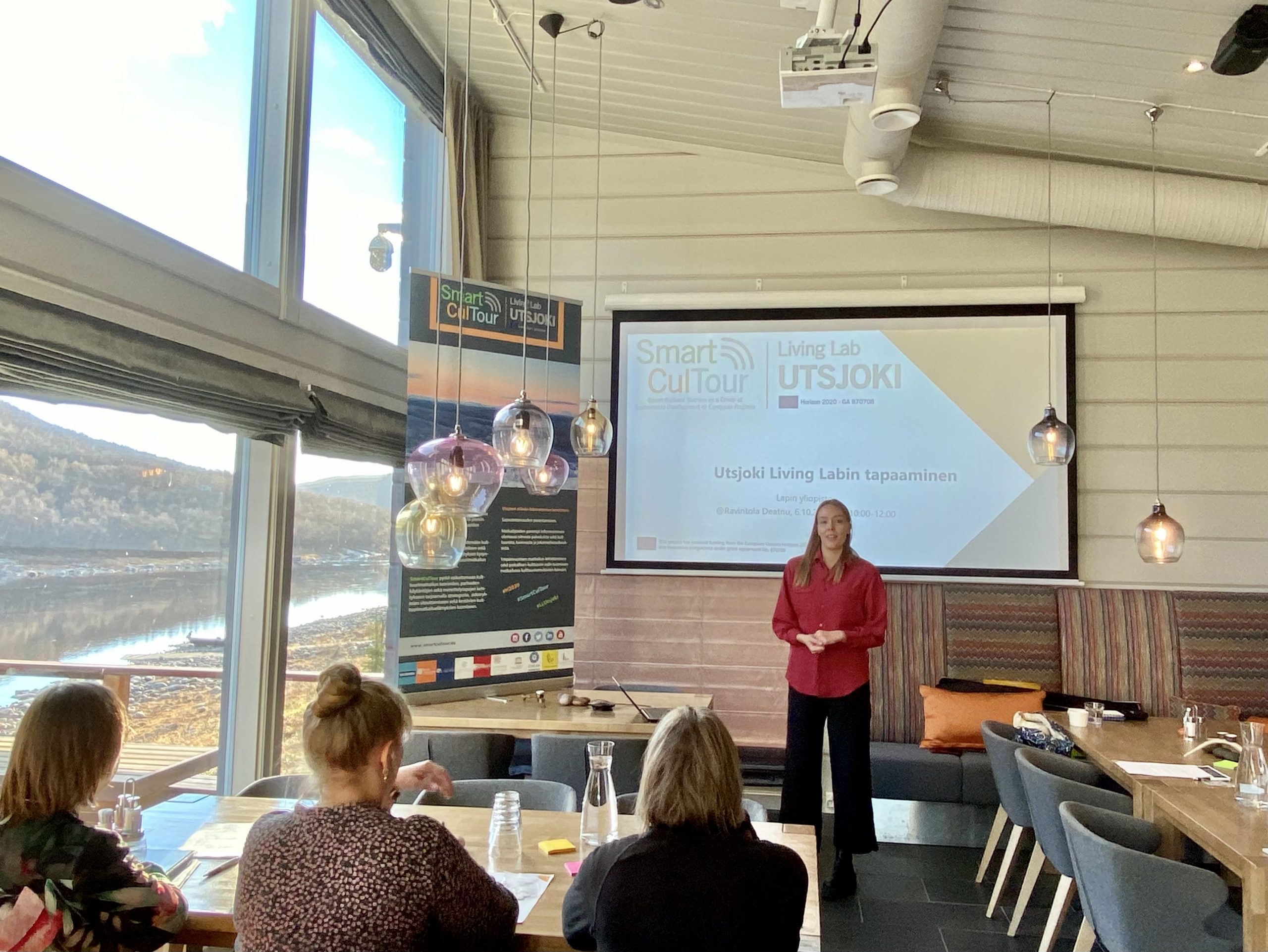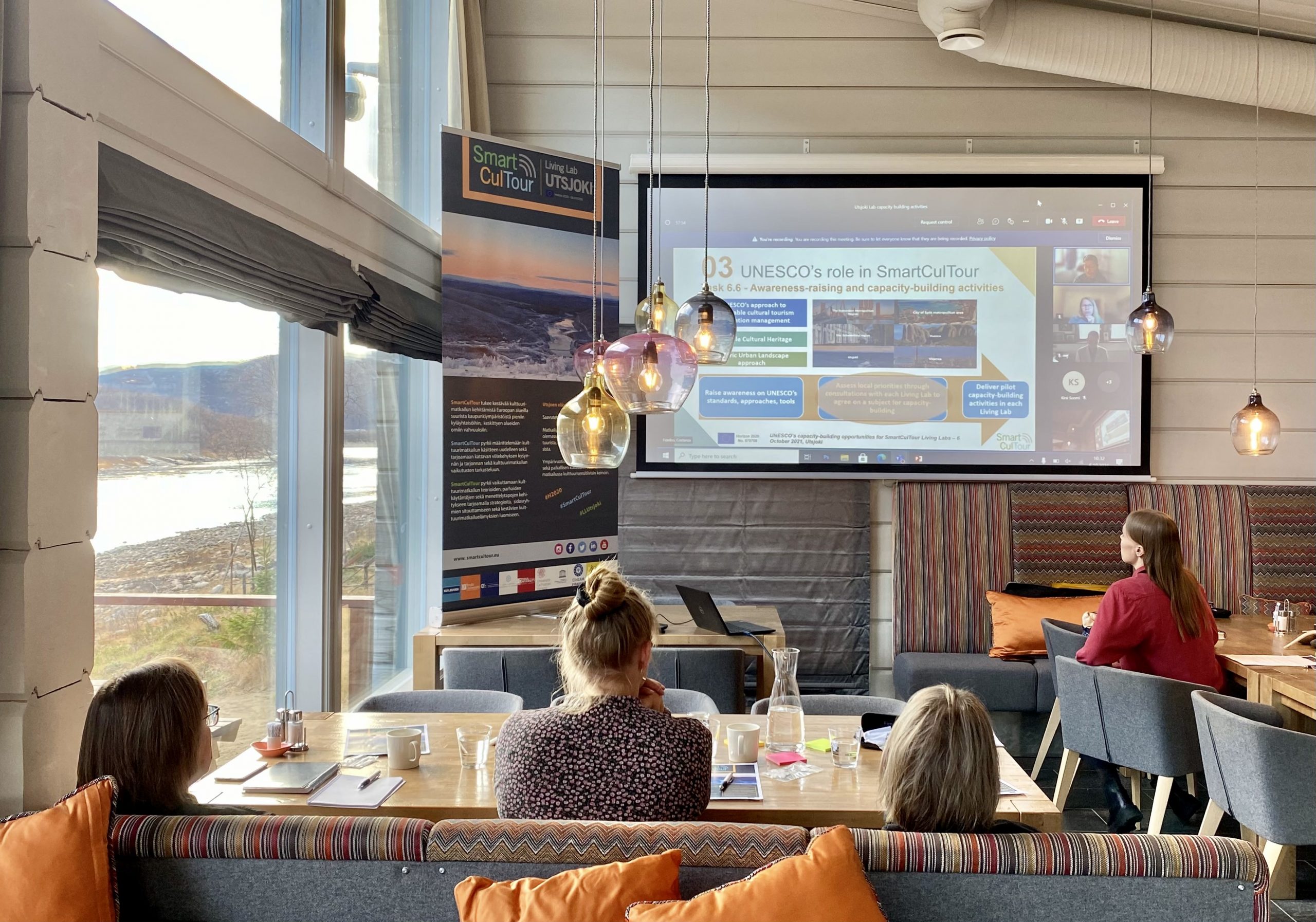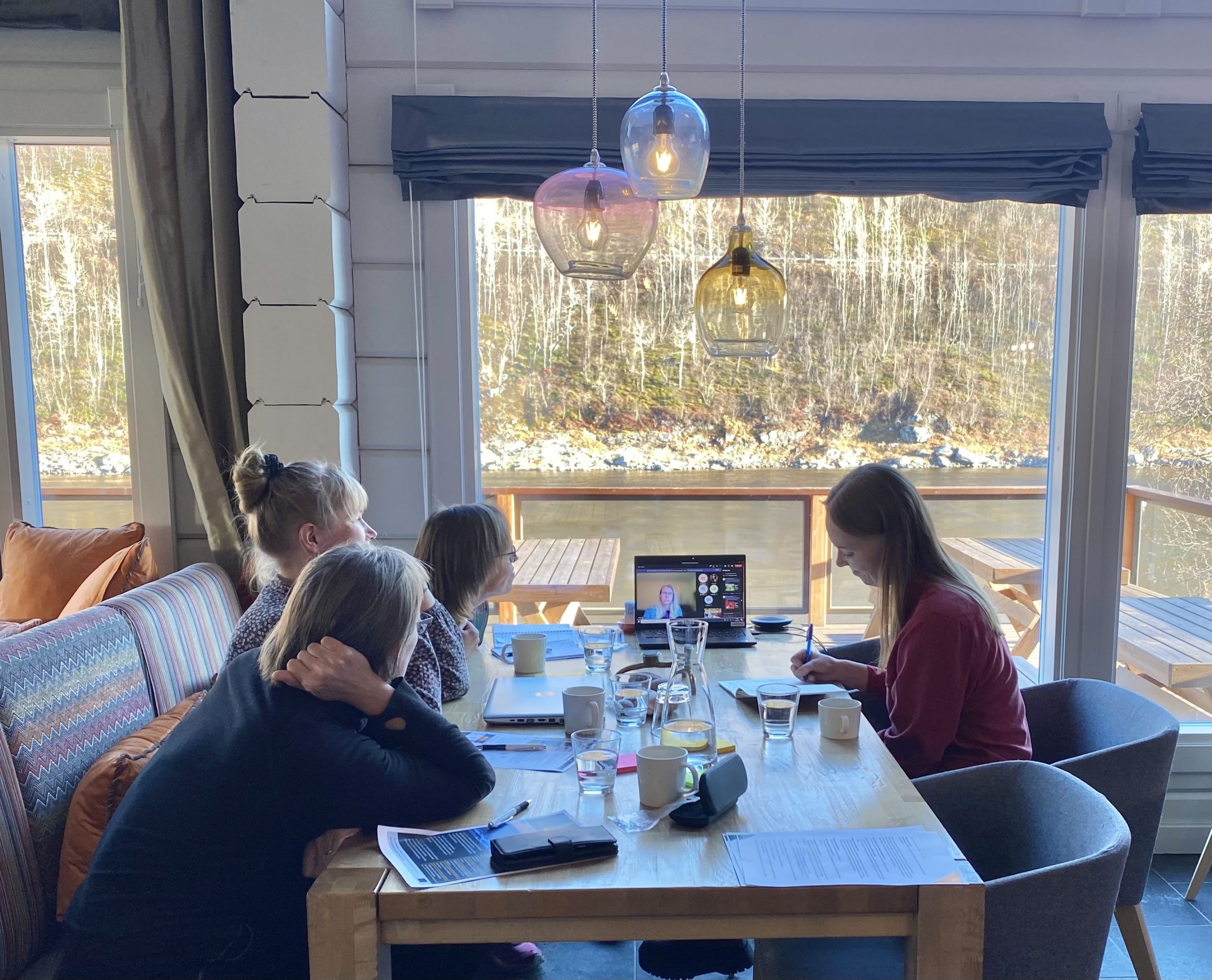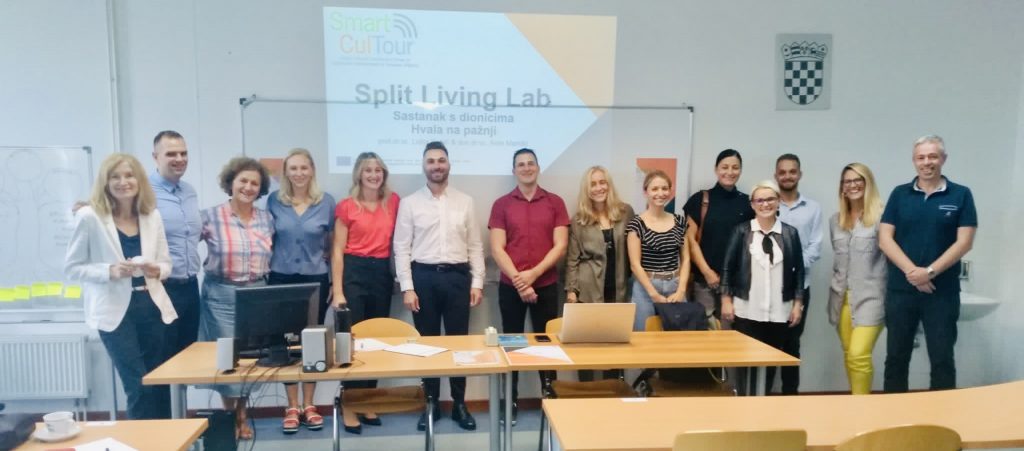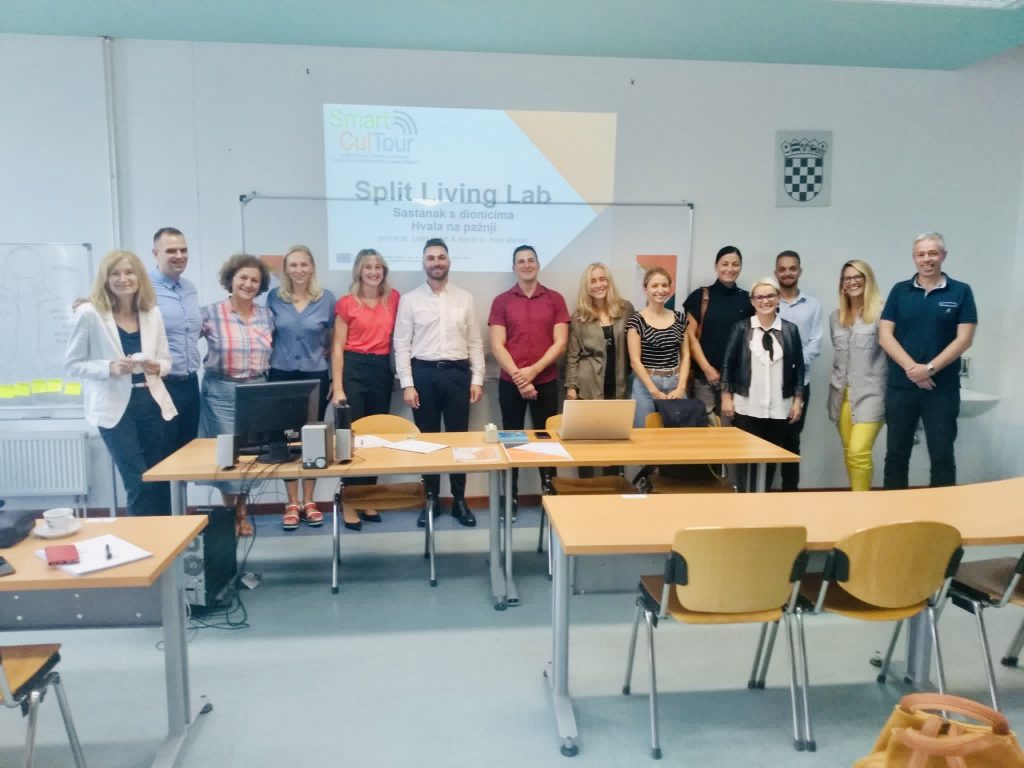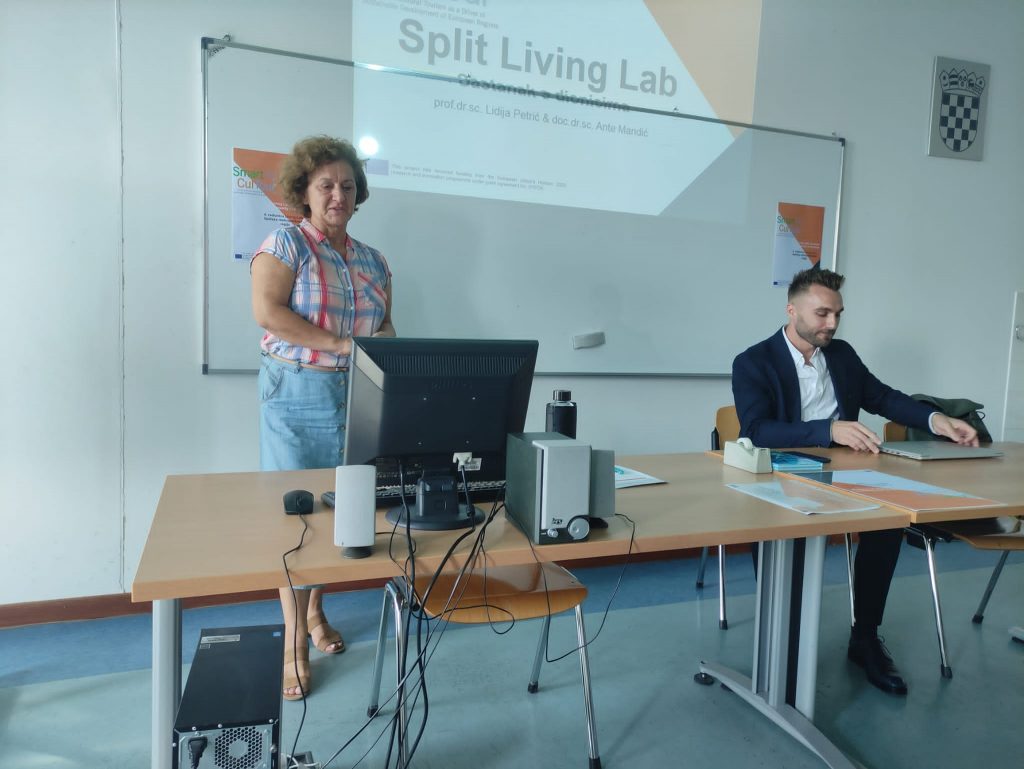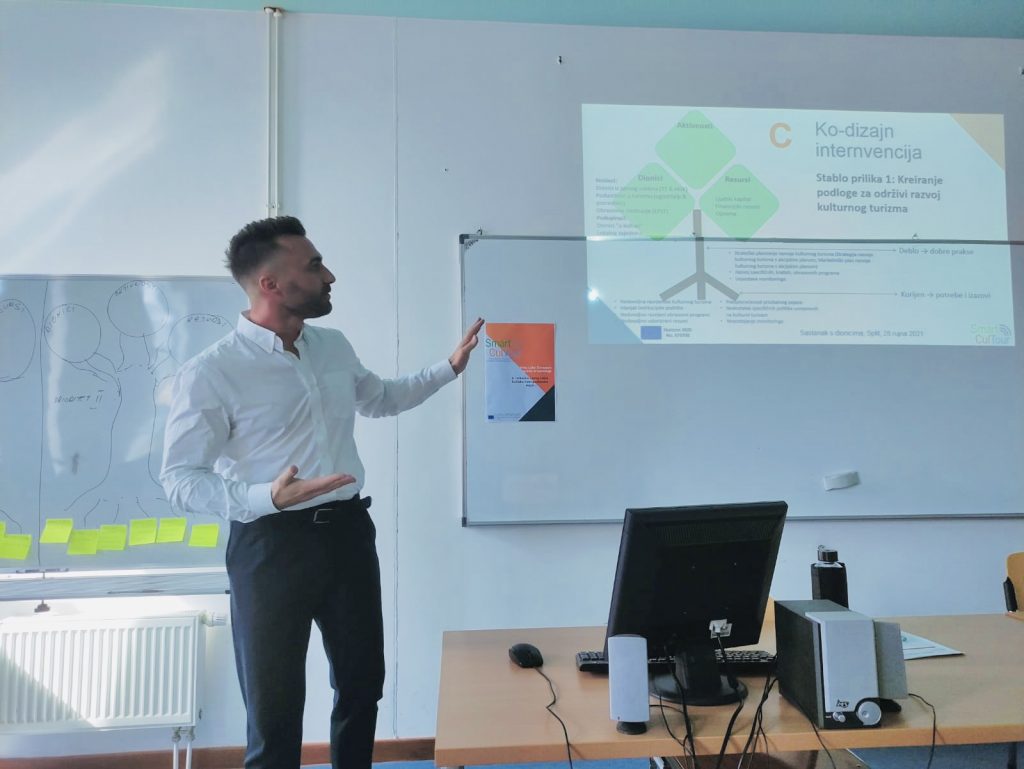Third working session of Huesca’s Living Lab
The third working session of Huesca’s Living Lab in the framework of the European project SmartCulTour was held on 10 November 2021. The main objective of the session was to present the project officially in Huesca as this had not been possible until now due to the pandemic. For this purpose a press conference was held at the headquarters of the Provincial Government of Huesca where Raúl Compés, Director of CIHEAM Zaragoza, and Fernando Blasco, Manager of TuHuesca, presented the project and spoke of the synergies generated between both institutions.
After the press conference the workshop took place at a winery of DO Somontano and consisted of two working sessions to identify successful initiatives that could elevate sustainable cultural tourism to territorial scale and thus serve as a base upon which to work and make Huesca a point of reference for sustainable cultural tourism. A session was chaired by representatives from UNESCO who presented an overview of the body and explained the different methodologies used for awareness-raising and knowledge transfer to the stakeholders of the tourist sector. Once the most favourable itineraries have been chosen for Huesca as well as the members of the Living Lab, UNESCO will provide personalized training throughout the project.
The meeting was attended by 22 representatives of different counties and tourist areas, centres of rural development, as well as business and agrifood sectors. The methodology was addressed from a participatory approach using facilitation tools to design and select initiatives and for decision-making.


